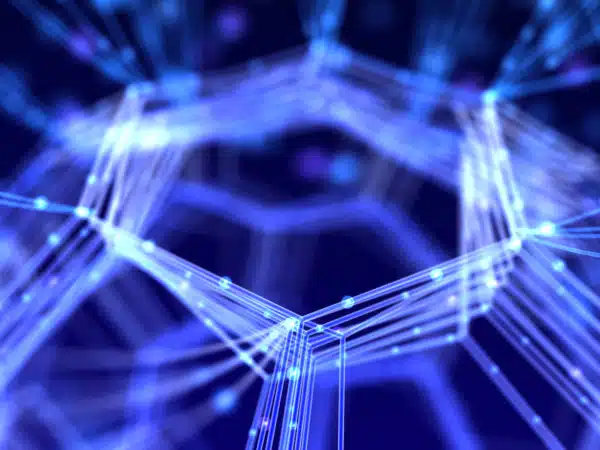ISO/IEC 30118 IoT Protocol Conformance Testing
The ISO/IEC 30118 standard is a critical framework for ensuring the interoperability of Internet of Things (IoT) devices. This testing ensures that IoT devices from different manufacturers can communicate seamlessly, enhancing reliability and efficiency in smart home and industrial applications.
Interoperability issues arise when devices fail to communicate effectively due to protocol discrepancies or software bugs. Compliance with ISO/IEC 30118 is essential for manufacturers aiming to offer robust IoT solutions that integrate smoothly into existing networks. This standard defines a set of protocols, including the Application Layer Protocol (ALP) and the Data Representation Language (DRL), which facilitate seamless interaction between devices.
Our testing process involves several stages: initial protocol analysis, device setup, conformance tests, and performance evaluation. We employ state-of-the-art test equipment that simulates real-world conditions to ensure accurate results. Our team of experts ensures that all tests are conducted according to the latest international standards, including ISO/IEC 30118.
One of the challenges in IoT protocol testing is ensuring that devices from different manufacturers adhere strictly to the standard. This requires meticulous attention to detail and rigorous testing protocols. Our services include comprehensive conformance tests, which verify that each device complies with the specified requirements. These tests are essential for maintaining high-quality standards and ensuring customer satisfaction.
Another aspect of our service is performance evaluation. We assess how well IoT devices perform under various conditions, including network congestion, signal interference, and power constraints. This helps identify potential issues early in the development process, allowing manufacturers to address them before product release.
In addition to these technical aspects, we also provide detailed reports that outline our testing procedures and findings. These reports are invaluable tools for quality managers, compliance officers, and R&D engineers who need to ensure their products meet industry standards. Our goal is not only to test devices but also to help manufacturers improve their products by providing actionable insights.
- Initial protocol analysis
- Device setup
- Conformance tests
- Performance evaluation
Eurolab Advantages
At Eurolab, we pride ourselves on offering top-tier IoT protocol conformance testing services. Our team of highly skilled professionals brings a wealth of experience and expertise to every project. With our state-of-the-art facilities, we can simulate real-world conditions for the most accurate results.
- Comprehensive conformance tests
- Performance evaluation under various conditions
- Detailed reports with actionable insights
We understand that time is critical in product development, which is why we strive to deliver quick and efficient service. Our commitment to quality ensures that our clients receive reliable results every time.
Quality and Reliability Assurance
Ensuring the reliability of IoT devices is crucial for maintaining high standards in the industry. At Eurolab, we employ rigorous testing protocols to identify potential issues early on, allowing manufacturers to address them before product release.
- Identifying and resolving protocol discrepancies
- Detecting software bugs that could cause communication failures
- Evaluating device performance under various conditions
We use industry-standard test equipment to simulate real-world scenarios, ensuring that our results are accurate and reliable. This approach helps manufacturers produce products that meet or exceed customer expectations.
Environmental and Sustainability Contributions
Incorporating sustainability into IoT protocol testing is another important aspect of our service. By ensuring interoperability and reliability, we contribute to reducing the environmental impact of devices by promoting efficient communication and energy management.
- Promoting efficient communication between devices
- Supporting energy-efficient protocols that reduce power consumption
- Fostering a more sustainable IoT ecosystem through interoperability





